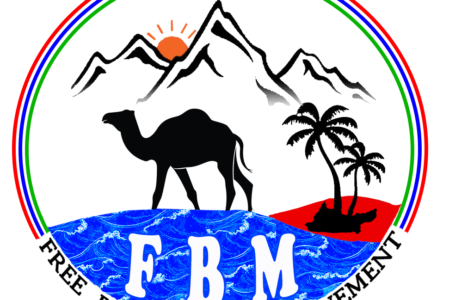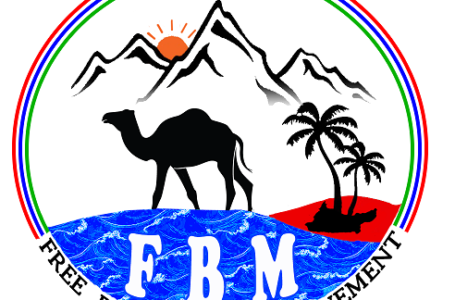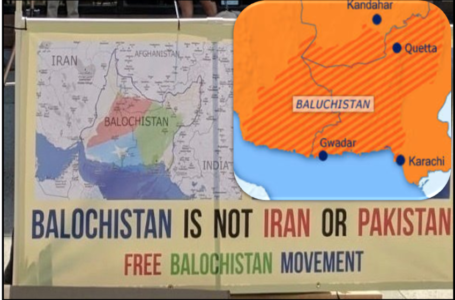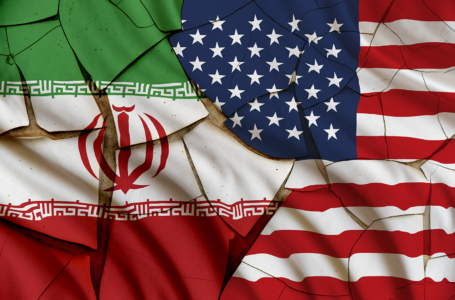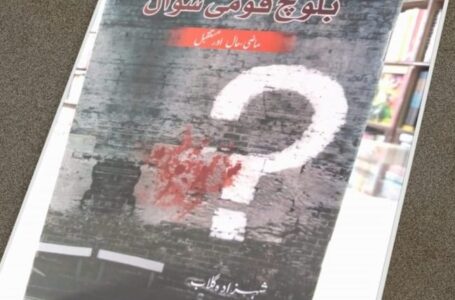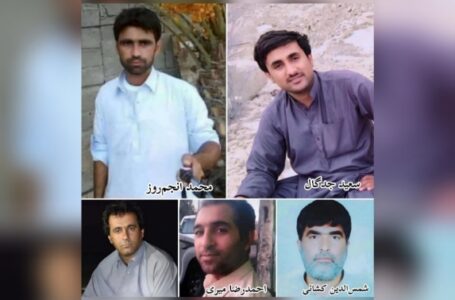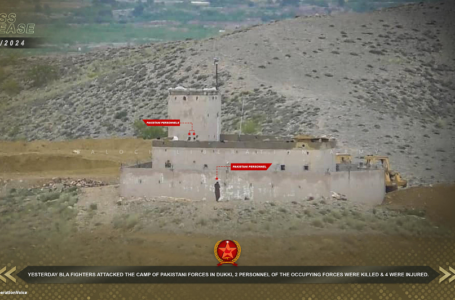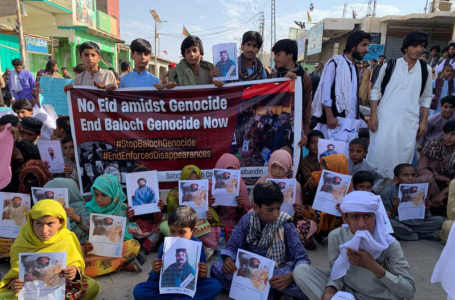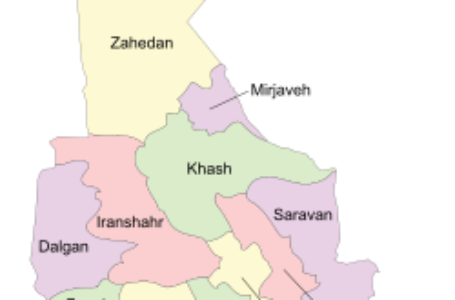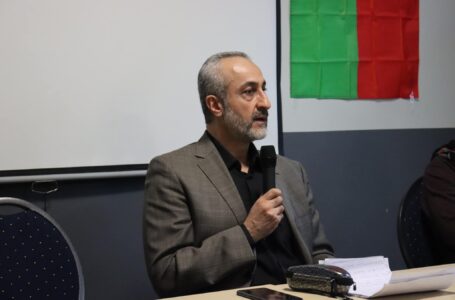Foreign countries should refrain from becoming Pakistan’s partner in Baloch Genocide: FBM
Free Balochistan Movement Marks Warsaw Summit with a New Vision for Iran’s Future

LONDON: The Free Balochistan Movement (FBM) has today released a short paper outlining their vision for a post-Khamenei Iran, proposing radical changes including “full restoration of democratic rights of all individuals, nations and minority groups”. This transitional economic plan demonstrates how a post-Islamic regime Iran could be stabilised and then thrive in the event that the Ayatollah-led regime left power.
According to the report, the Shia fundamentalist regime in Iran has been a total disaster for every community within Iran and the region. The report highlights that Iran had its highest economic growth rate from 1960 to 1976, before the Revolution of 1979 which saw the current regime seize power. The Iranian Toman had an exchange rate 1$ to 7 Tomas, and now the Toman is valued at 1$ to 15,000 Tomans, which has been devastating for average citizens in Iran, as their savings and earnings are worth less and less.
The report also highlights that the Islamic regime wasted over $100 billion on its fiasco nuclear programme and on sponsoring terrorism around the globe. As a result of the regime’s woeful mismanagement, ‘psychological disorder is the norm and drug addiction, prostitution, and suicide are endemic’. The report argued that regime repression and a deteriorating economy have forced millions of people to flee Iran, which has contributed to the global refugee/migrant crisis, as increasing numbers of longsuffering citizens seek safe refuge elsewhere.
The economic plan explains the nature of the current Iranian economy and noted that a Shia oligarchy comprised of several hundred intermarried families is in charge of Iran, largely to the exclusion of other citizens. The report said ‘the first condition for any viable economic transition must be the change of this theocratic and despotic regime’.
The economic plan outlines two primary sets of measures to stabilise the economy in a post-regime scenario. First, the internal element, which includes full restoration of all democratic rights for the individual, nations and minorities. This would be supplemented with the introduction of modern property and financial laws, decentralisation of banks, and turning state-controlled financial institutions into public companies. The plan also argues that each nation in Iran should be granted their own central banks which should operate under the supervision of the Reserve Bank of Iran (RBI). The RBI should be the central bank of all national central banks in Iran, and it should have monetary authority. The report also discusses the issues of the rights of nations to their natural resources.
The second set of measures is a reversal of the foreign policies which have resulted in the current dire economic situation. The report argues that financial support to Shia extremists’ groups should be stopped and the revenue which is directed to regional wars should be invested for the welfare of every national group in Iran. The report advocates normalisation of international relations with countries in order to attract Foreign Direct Invest for the economy during the transitional period.
The Free Balochistan Movement in its report expressed the desire to cooperate with all other nations and communities in Iran and added that ‘the Baloch nation will work diligently and sincerely with all other nations in Iran: the Persian, Turk Azerbaijan, Kurd, Arab Al Ahwaz, Turkmen, Lurs, Gilaks, Mazandarani, and minority groups to make sure the economic transition in post-Islamic regime is quick, smooth and mutually beneficial for all nations and people in Iran.’
Click on the following link to read the full report in PDF

